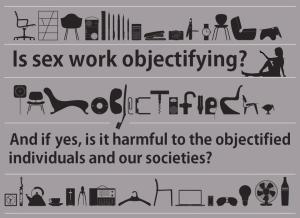
As I said in Part 1 – this topic will be difficult to discuss. As I said, I promise I AM NOT SAYING ALL MEN ARE BAD. Please re-read Part 1 if this post causes you to feel defensive or protective toward males.
Unfortunately, we live in a deeply, horrifically misogynist culture. Our culture is so dystopian that it has normalized a mass butchery of violence against females. I can say these words, and most people either nod or look skeptical, but they don’t actually understand what I am talking about. People do not understand because they have so normalized horrific misogynist violence – they have been so brainwashed – that they cannot recognize brutal attacks against women, even when those attacks are right before their eyes… or happen to their own bodies.
Continue reading “Feminist Parenting About Sexuality Part 2 – pornography by Trelawney Grenfell-Muir”







